Model Selection
Contents
%%html
<!-- The customized css for the slides -->
<link rel="stylesheet" type="text/css" href="../styles/python-programming-introduction.css"/>
<link rel="stylesheet" type="text/css" href="../styles/basic.css"/>
<link rel="stylesheet" type="text/css" href="../../assets/styles/basic.css" />
43.19. Model Selection#
43.19.1. Introduction#
Model Selection is the process of choosing the best model among all the potential candidate models for a given problem.
The aim of the model selection process is to select a machine learning algorithm that evaluates to perform well against all the different parameters.
43.19.2. Outline#
Over-fitting and under-fitting
Bias variance tradeoff
L1 and L2 Regularization
Early stopping
Dropout
Tuning the hyper-parameters of an estimator
43.19.3. Over-fitting and under-fitting#
Regression

43.19.4. Over-fitting and under-fitting#
Regression
Training data points
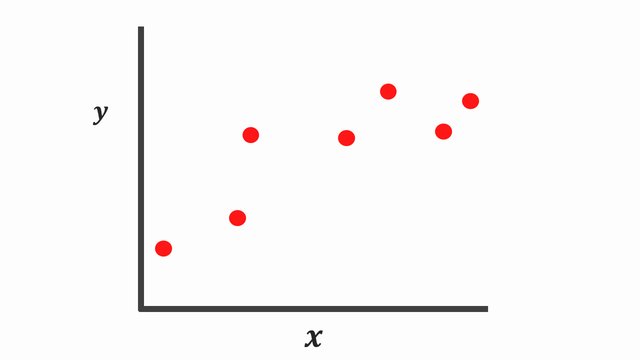
43.19.5. Over-fitting and under-fitting#
Regression
Over-fitting model fits very well on training data
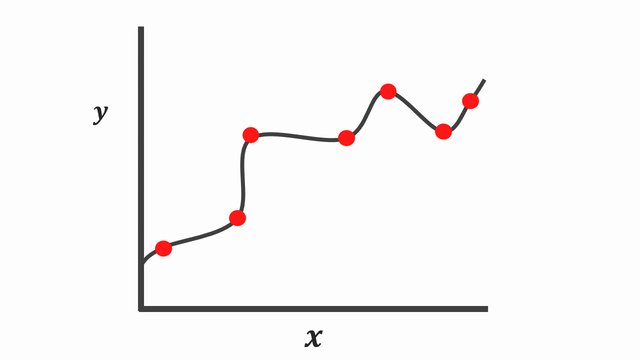
43.19.6. Over-fitting and under-fitting#
Regression
Over-fitting model fits poorly on test data
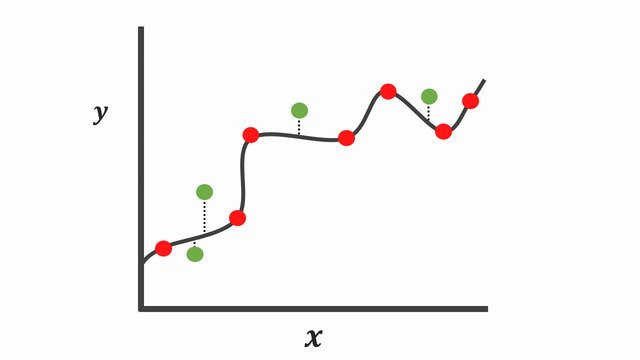
43.19.7. Over-fitting and under-fitting#
Regression
Under-fitting model fits poorly on training data
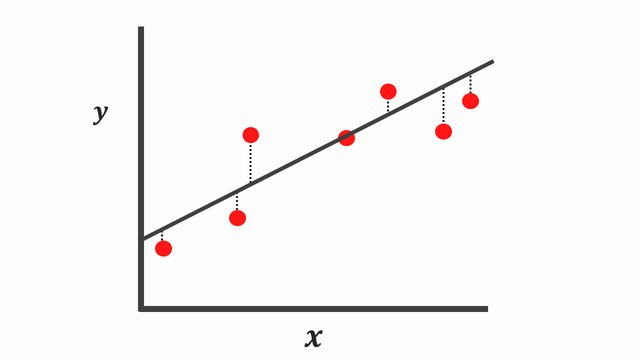
43.19.8. Over-fitting and under-fitting#
Regression
Under-fitting model fits poorly on test data
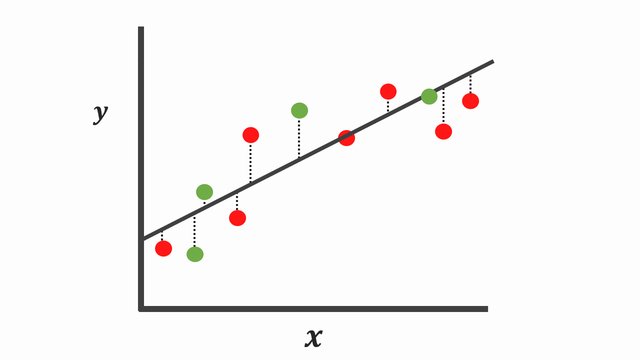
43.19.9. Over-fitting and under-fitting#
Classification
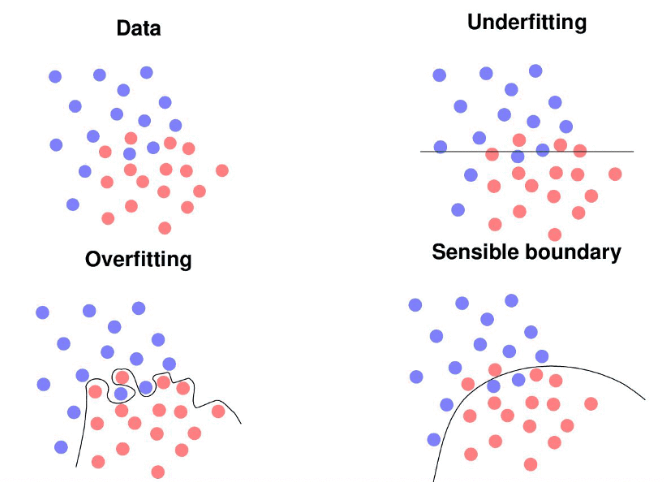
43.19.10. Bias variance tradeoff#
Graphical illustration of variance and bias
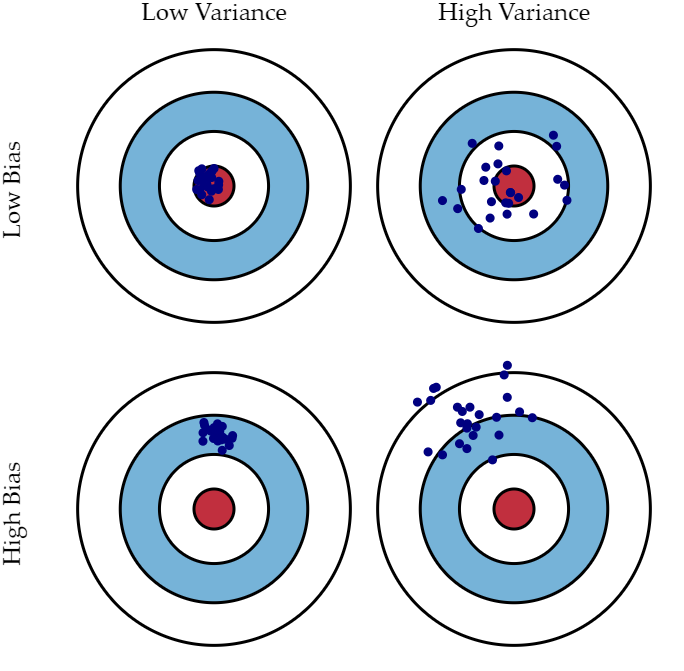
43.19.11. Bias variance tradeoff#
Model complexity v.s. error
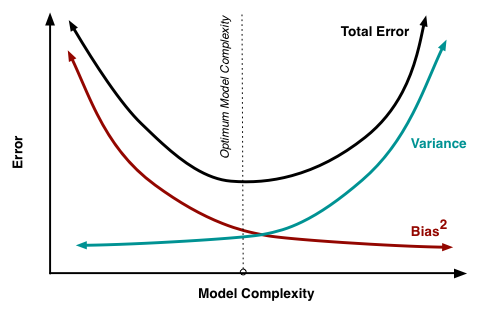
43.19.12. L1 and L2 regularization#
43.19.13. L1 and L2 Regularization#
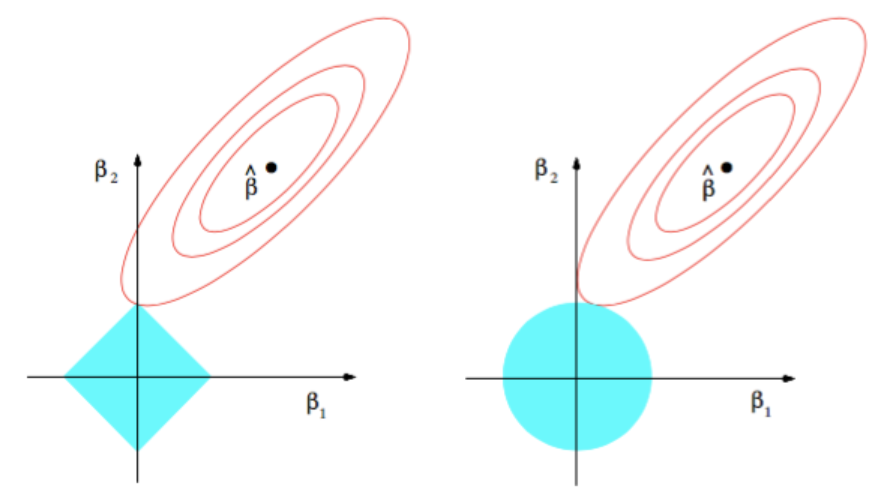
43.19.14. L1 and L2 Regularization#
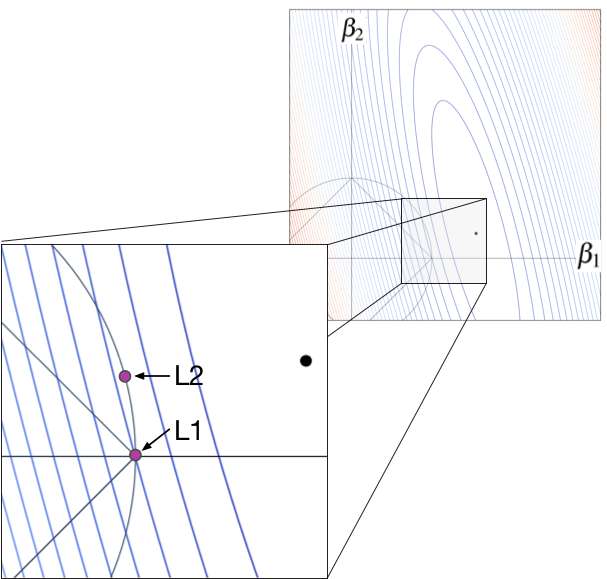
43.19.15. L1 and L2 Regularization#
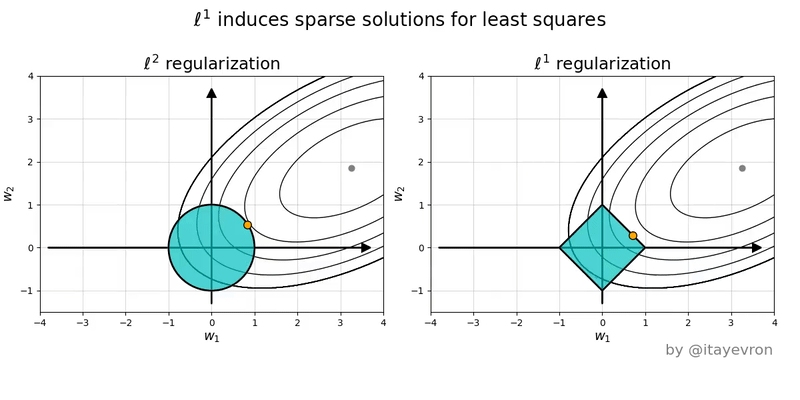
43.19.16. L1 and L2 Regularization#
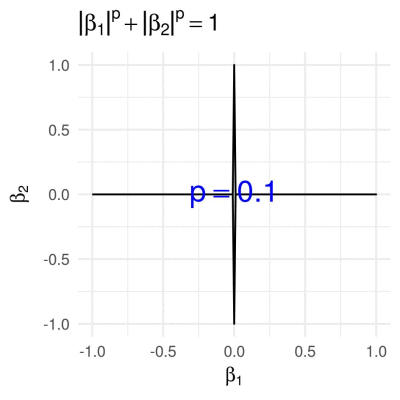
43.19.17. L1 and L2 Regularization#
The impact of the value of \(\lambda\)
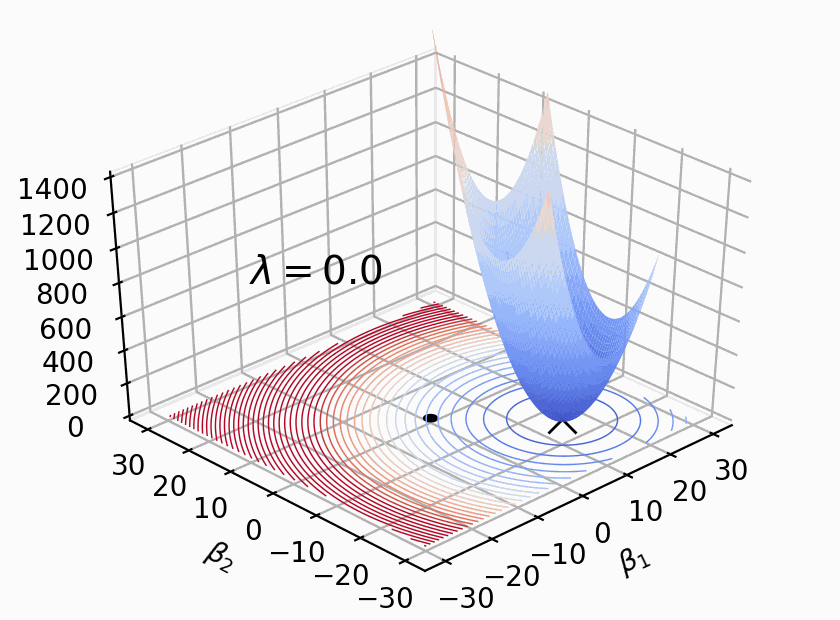
43.19.18. Early stopping#
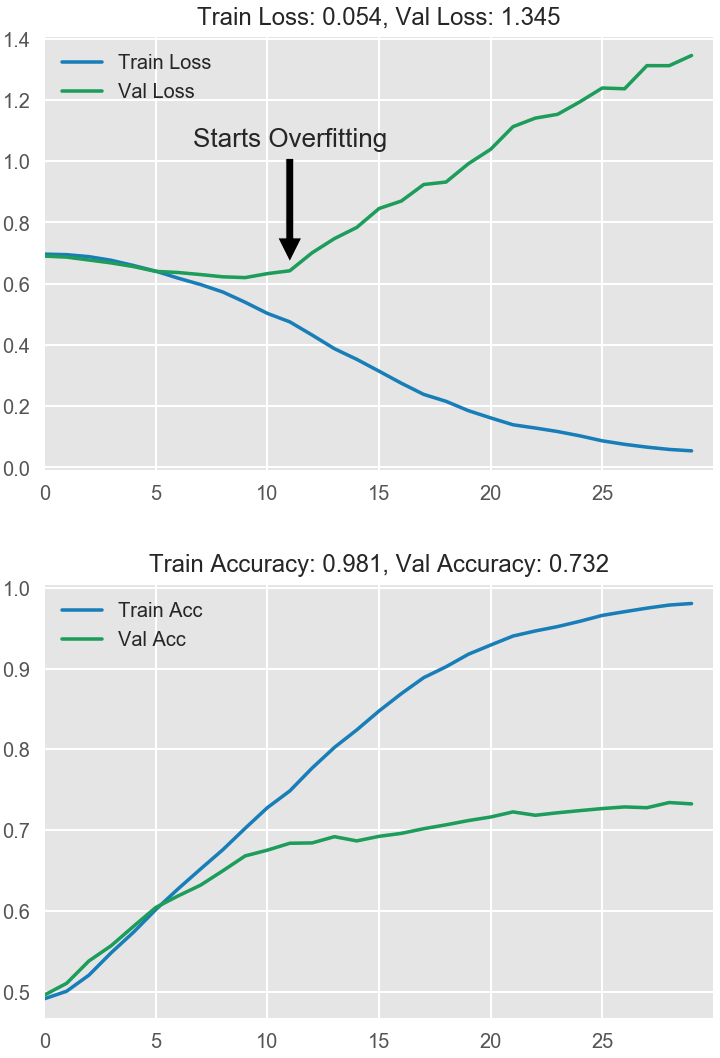
43.19.19. Dropout#
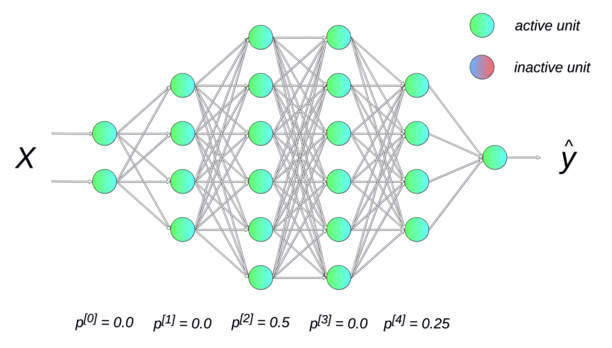
43.19.20. Prediction after dropout#
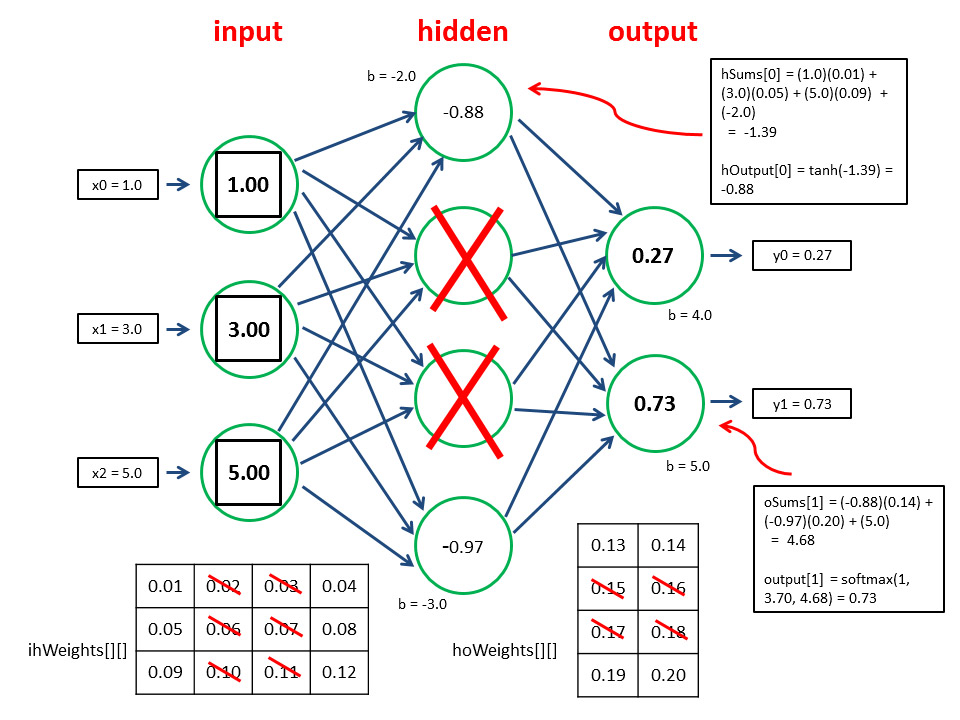
43.19.21. Conclusions#
Training size matters
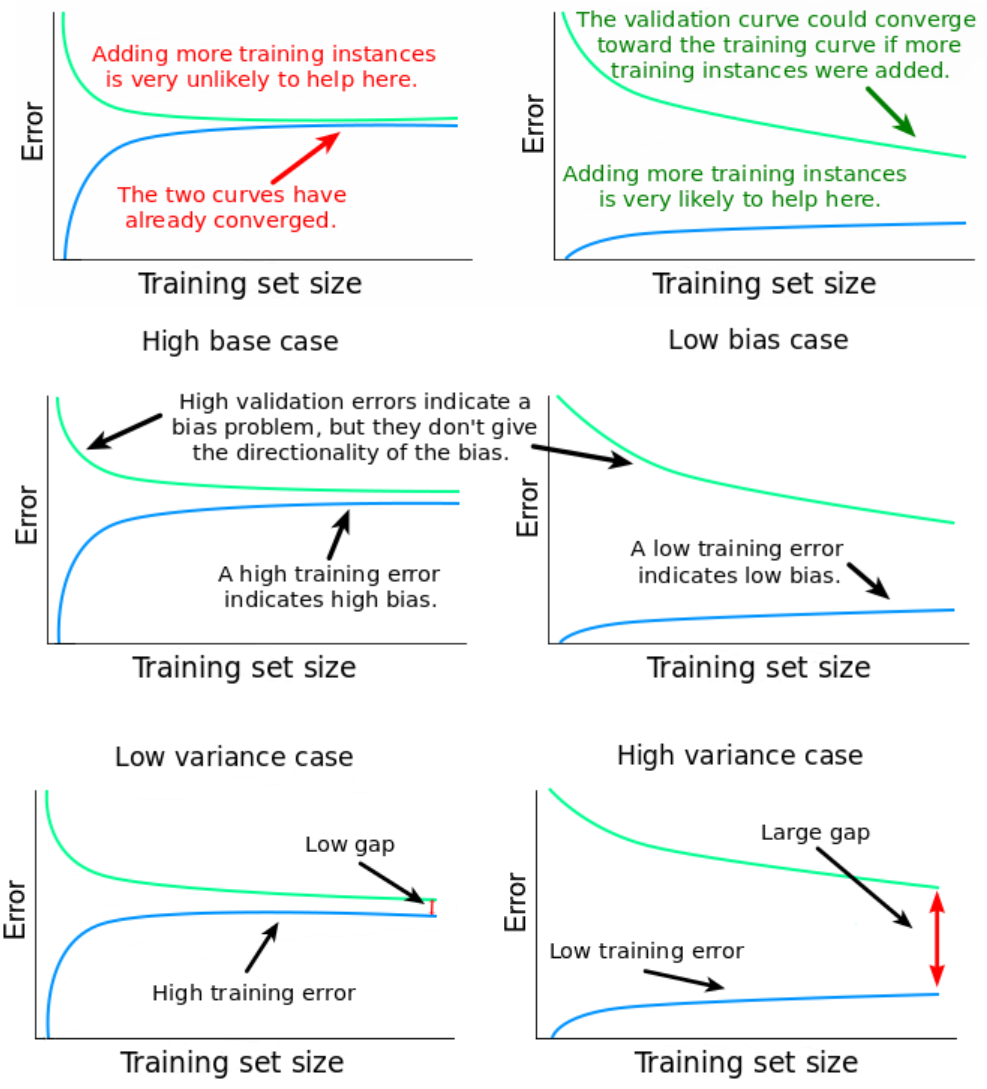
43.19.22. Conclusions#
How to choose a good model

43.19.23. Conclusions#



